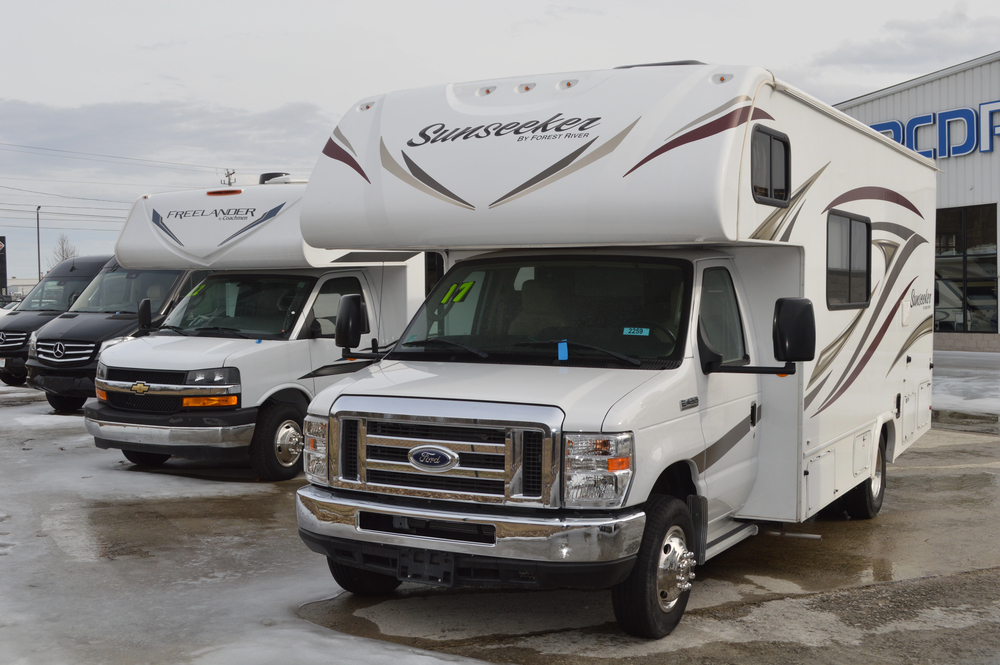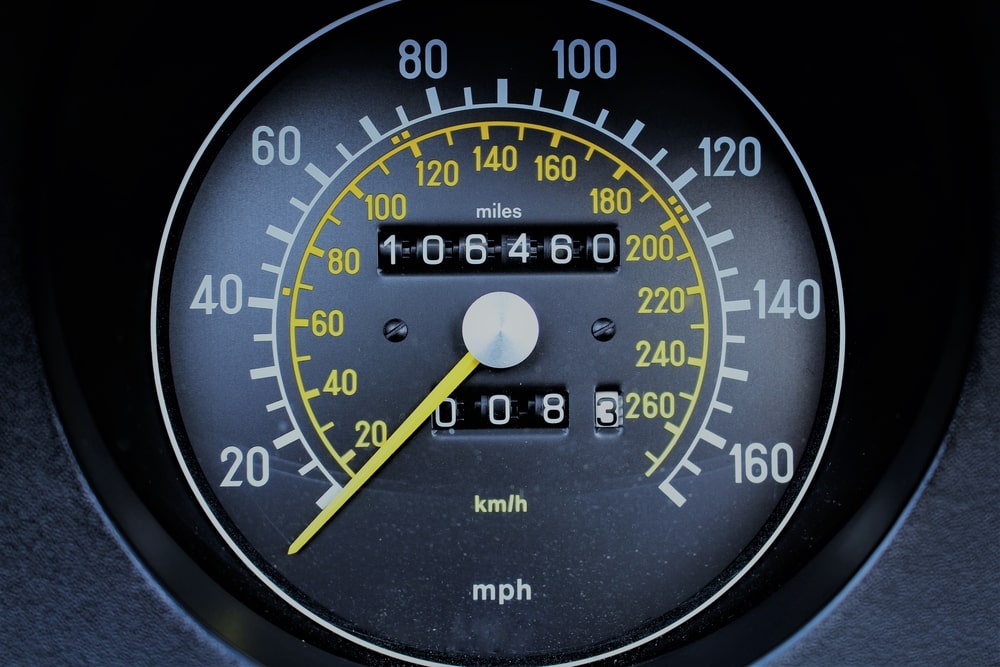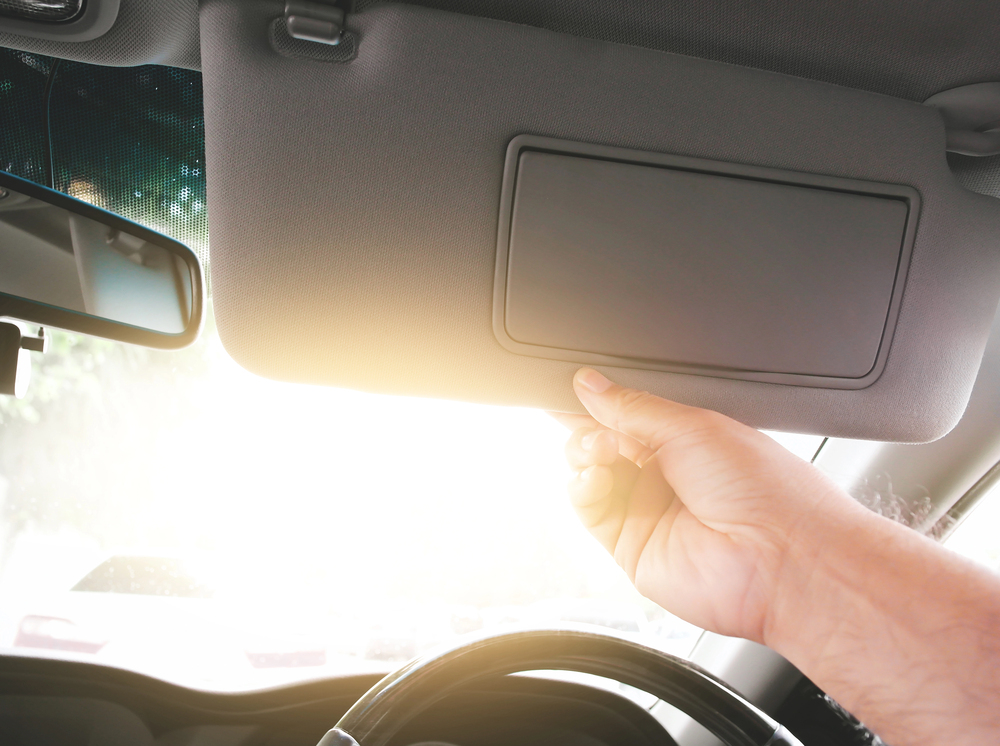Buying a Used RV? Why an RV History Check is Critical for Your Next Adventure
Artak Sahakyan
Created by: Aug 20, 2025
|
Modified by: Nov 07, 2025

Thinking of buying an RV for your big adventure? One thing you should do before handing over your hard-earned money is check the vehicle’s history. A thorough check can make all the difference in whether you end up with a dream ride or a money pit. When you're shopping for a used RV, you're basically buying a home on wheels, so it's crucial to know what you're getting into.
Plenty of people in the US have caught the RV bug. For them it's not a vacation; it's a way of life.
A used RV can look flawless at a glance. Still have some nasty surprises lurking beneath the surface. Problems like water damage, drivetrain issues or hidden damage from an accident aren't always obvious in a quick once over.
Doing your research on an RV’s past is crucial. It's not about scoring a bargain. It's about safeguarding your money and the fun trips you're planning.
What an RV History Check Really Tells You
Let’s start with the basics. When you do an RV history check, it's like uncovering the vehicle’s past. You use the Vehicle Identification Number to get all the details. Using a simple VIN check, you can uncover the RV’s history. Think of it like reading the vehicle’s diary.
A thorough report can reveal:
- Where and when it has been registered in the past
- Whether it has been involved in any reported accidents or had major repairs
- Odometer readings over the years so you can spot possible rollbacks
- Its title status such, as clean, rebuilt, or salvage
- Any open recalls from the manufacturer that still need attention.
- Possible bank liens and outstanding loans.
Keeping in mind that an RV can act as your home with your family members, prized belongings and pets, it is important to do your best to ensure it does not have any underlining issues that can leave you and your family stranded in the middle of nowhere.
Unique considerations you must consider before buying your next RV
When buying a used car, you're mostly concerned with how many miles it has, if it’s been in any wrecks and how well all of the critical components, such as the engine, transmission, air-conditioning, heating and other vital functions, are performing. Keep in mind you're not just buying a vehicle; you're buying a home on wheels. So, you've got to think about all the things you plan to do with the vehicle. The fact that you'll be living in this thing means there are many more problems you can encounter than in a regular car.
For instance:
- A roof vent that’s cracked or a seal that’s gone bad can let water seep in, which can lead to mold and rotting wood.
- The wiring in the living area, which if it’s faulty, could cut out your kitchen or air conditioning. Being stuck in the desert in July with no way to cool down.
If you're looking into buying an RV, getting a history check is a good idea. It can tip you off to issues before they become headaches. For example, if the report shows that the RV has been in a flood, that's a flag. You'll want to take a look before making any decisions.
Checking the RV in Person
Now that we've got the report, it's time to take a look at the RV in person. The vehicle history check will serve as the foundation that may help lead you in the proper direction when investigating the history of practically any vehicle; however, it cannot replace an actual in person visual inspection. Nothing beats seeing things with your eyes to get a sense of what’s going on. By conducting a visual inspection, you'll be able to see signs of wear and tear damage as well as any problems that must be addressed immediately.
Take a look at the roof. Are there any cracks or gaps where the sealant is missing? Check around the seams and windows to see if there are any patches or signs of repair work. Head inside and check the floor for possible water damage. If you notice any spots, discoloration or weird bubbling under the wallpaper, it could be a sign of a hidden leak.
When you're checking out an RV
- Run the water for a bit to see if the pressure holds steady.
- Check every outlet and light switch to make sure they're all working properly.
- Look at the engine, brakes and transmission (if it’s a motorhome).
- Look for any signs of rust or damage to the frame.
It is advisable to have the RV inspected by a professional auto technician. The price you will pay to have the vehicle inspected may help you avoid potentially making a very expensive mistake. Think of it as buying some peace of mind.
The real issue is when you gloss over a part of a process. Skipping stuff can save time. In this case it can end up costing you. If you don't take special care to go over all the details of the vehicle’s history and in-person inspection process, you are likely to face the consequences down the road. It’s simply not worth the risk.
Buying an RV can be an experience. It’s also a huge investment. Luckily, getting a vehicle history report is easier than ever. You can do it online. Get the results in a few minutes.
CarValid.com offers reports that can give you a rundown of the vehicle history as well as provide you clear indicators of any significant issues. Having all the facts beforehand is basically the way to cover your bases and avoid any headaches down the line.
Before you take off to your next adventure, here is something important you must consider
Buying a used RV can be a way to have some adventures, but you've got to pick the right one. The thing is every RV has a history. Getting a history check on an RV can be a game changer. It gives you the lowdown on the vehicle so you can separate the good from the bad.





